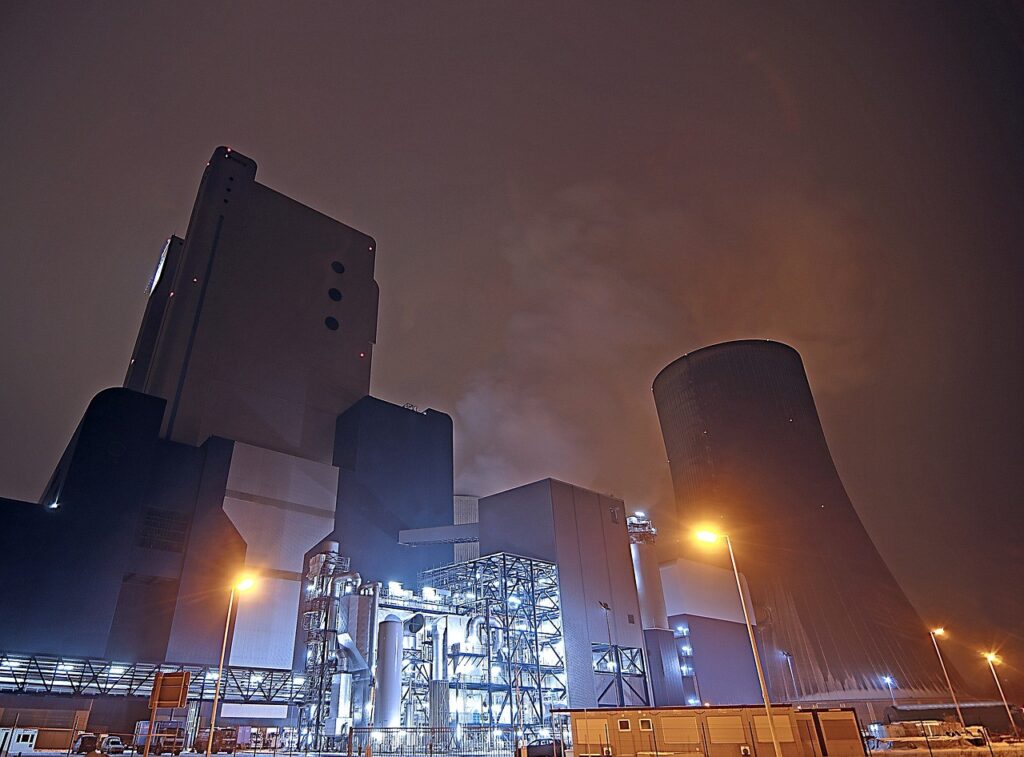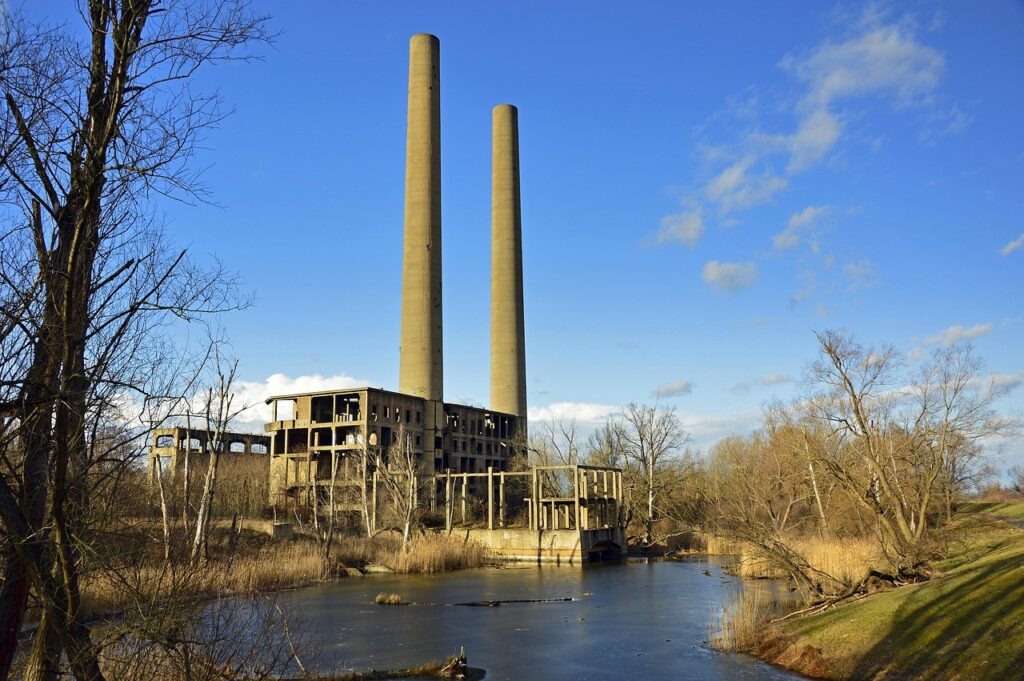The power industry is one of the most vital sectors in the world. It keeps our homes warm, our lights on, and our factories running. If you’re thinking of joining this industry, there are many exciting roles to explore. Two of the most important are Power Plant Operators and Power Plant Technicians.
Both play a crucial role in keeping power plants safe and productive. But their duties, training, and career paths are very different.
At Power Industry Support, we help aspiring professionals like you build a fulfilling career in power plant jobs. In this blog, we’ll help you understand the difference between a Power Plant Operator and a Power Plant Technician—and which path may be right for you.
What Does a Power Plant Operator Do?

A Power Plant Operator is responsible for running and controlling the machinery in power plants. This includes monitoring gauges, meters, and output levels. They make sure everything runs smoothly and safely.
Operators are the frontline of plant operations. They respond quickly to emergencies and prevent system failures. Their job is crucial in avoiding costly downtimes.
Power plant operator jobs often involve shift work, including nights and weekends. It requires focus, responsibility, and the ability to make quick decisions.
What Does a Power Plant Technician Do?
A Power Plant Technician takes care of the maintenance and repair of plant equipment. Their job is to ensure machines stay in good condition and perform as expected.
Technicians perform inspections, fix problems, and replace faulty parts. They work closely with engineers and operators to keep everything working efficiently.
Power plant technician jobs are hands-on. You’ll use tools, read technical drawings, and solve mechanical or electrical issues.
Education and Training Requirements
To become a Power Plant Operator, you typically need a high school diploma and on-the-job training. Many employers prefer candidates with experience or military training in related fields.
Some operators also hold an associate degree in power plant technology or engineering.
Power Plant Technicians often need more formal technical training. This includes completing a trade school program or earning an associate degree. Certifications in electrical or mechanical maintenance can give you an edge.
At Power Industry Support, we connect trained technicians with top-tier job
Read More : Careers in Hydro Power Plants: A Complete Guide
Skills Needed for Each Role
Power Plant Operators need strong analytical skills. They must monitor equipment, spot issues quickly, and act fast. Good communication and decision-making skills are essential.
Power Plant Technicians need mechanical and electrical skills. You must understand how machines work and how to fix them. Problem-solving and attention to detail are key strengths.
Both roles require a strong commitment to safety and teamwork.
5. Career Growth Opportunities
Power Plant Operators can advance into supervisory roles. With experience, some move into plant management or operations coordination.
Power Plant Technicians can also climb the ladder. Experienced technicians may become lead techs, supervisors, or even shift engineers.
Both roles offer long-term careers with good stability and advancement. With the right support and training, you can go far in the power industry.
Salaries and Benefits
Power plant jobs offer competitive pay. According to recent data, Power Plant Operators earn an average salary between $60,000 and $90,000 annually, depending on location and experience.
Power Plant Technicians usually earn between $50,000 and $80,000 per year. Technicians with specialized skills may earn even more.
Both roles offer benefits such as health insurance, retirement plans, paid time off, and job security.
Work Environment and Schedule
Power Plant Operators work in control rooms, often monitoring multiple systems. The environment is clean, but the job can be high-pressure. Operators must stay alert for long periods.
Power Plant Technicians work on the plant floor or outside. They may be exposed to noise, heat, and moving machinery. Proper safety gear is essential.
Schedules for both roles may include night shifts, weekends, and holidays. Power plants run 24/7, so flexibility is important.
Which Career Is Right for You?
Choosing between being a Power Plant Operator and a Technician depends on your interests and strengths.
If you enjoy monitoring systems, working indoors, and making quick decisions, becoming an operator may be the best fit.
If you love working with your hands, solving mechanical problems, and being physically active, technician work might suit you better.
At Power Industry Support, we help guide you to the right career path. Whether you’re just starting out or looking to switch roles, we’re here to help.
Why Choose Power Industry Support for Power Plant Technician Jobs?
Power Industry Support is a leading name in the energy sector. We specialize in connecting skilled technicians with top employers across the country.
We don’t just offer job listings—we provide career guidance. Our team understands the demands of power plant technician jobs. We work with you to find roles that match your skills, location, and goals.
We also help you build a strong resume, prepare for interviews, and stay updated on industry trends. Whether you want full-time, part-time, or contract work, we’ve got you covered.
Thousands of professionals have found rewarding careers through our platform. Our reputation for quality and trust makes us the first choice for power plants and technicians alike.
If you’re looking for technician jobs in the power industry, there’s no better partner than Power Industry Support.
Conclusion
The power industry offers exciting and stable career paths. Power Plant Operators and Technicians are both vital to keeping our energy systems running.
Operators focus on control and system monitoring. Technicians focus on maintenance and hands-on repairs. Each role has unique challenges and rewards.
Choosing the right path comes down to your interests, skills, and career goals. And no matter which you choose, there are great opportunities ahead.
At Power Industry Support, we’re here to help you succeed. Whether you’re searching for power plant technician jobs or exploring other power plants jobs, our expert team is ready to guide you.
Let’s power your career forward—together.

















